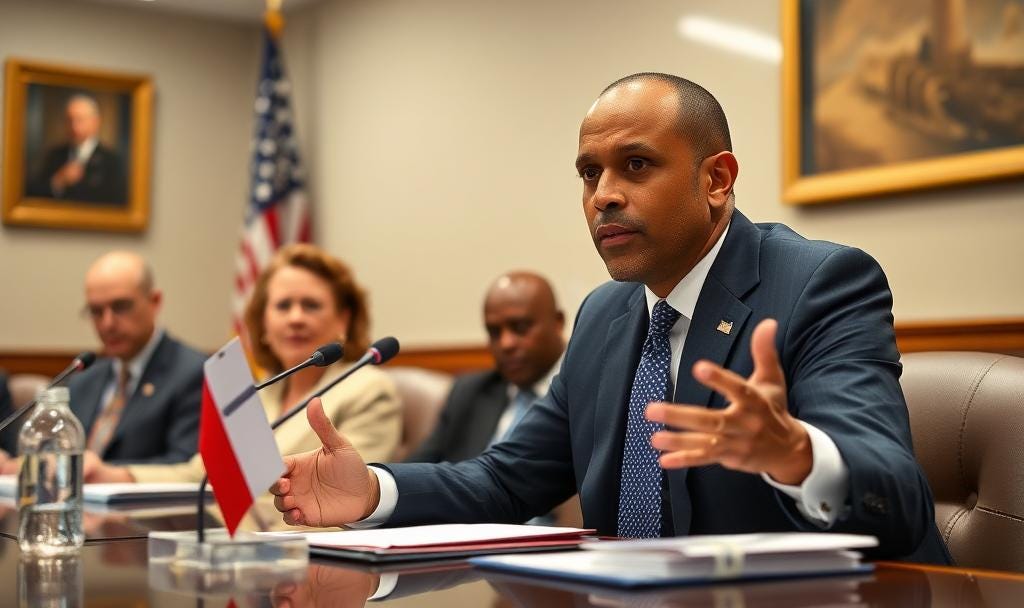Chapter 7: The Great Shortage Crisis
At first, everything inside the golden walls of Palm Beachonia looked exactly the way its citizens had been promised:
Trucks revved patriotically along new boulevards.
Sunsets were broadcast in high definition across RoyalNet, airbrushed to perfection.
Ice sculptures of King Donald the First (actual height plus twenty percent) adorned every major intersection.
It was, briefly, exactly the fantasy they'd signed up for.
But fantasies, like carnival balloons, have a way of popping at the first brush with reality.
And Palm Beachonia, it turned out, was terribly allergic to reality.
Keep reading with a 7-day free trial
Subscribe to The Touchonian to keep reading this post and get 7 days of free access to the full post archives.



